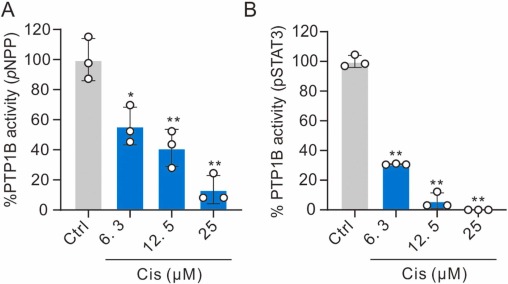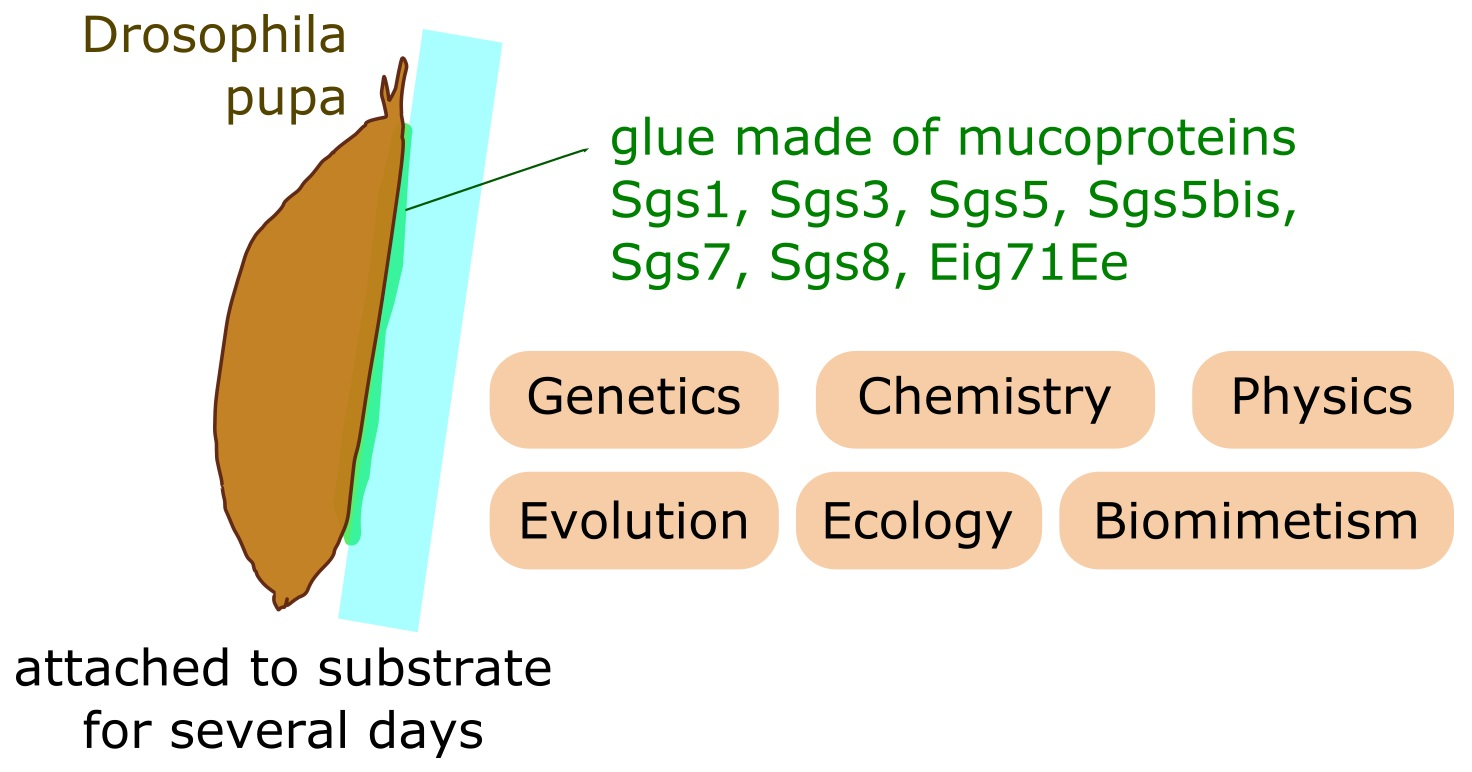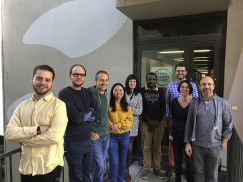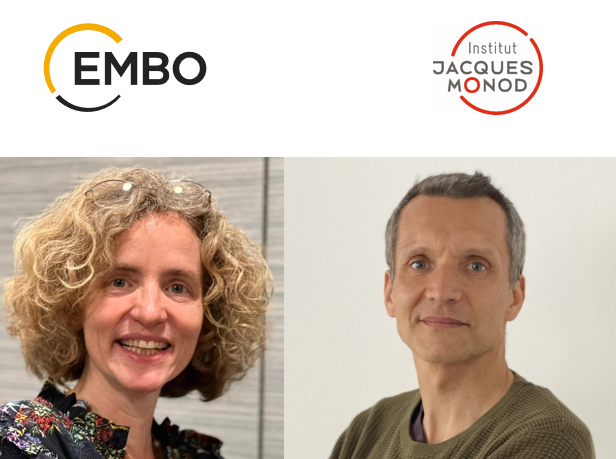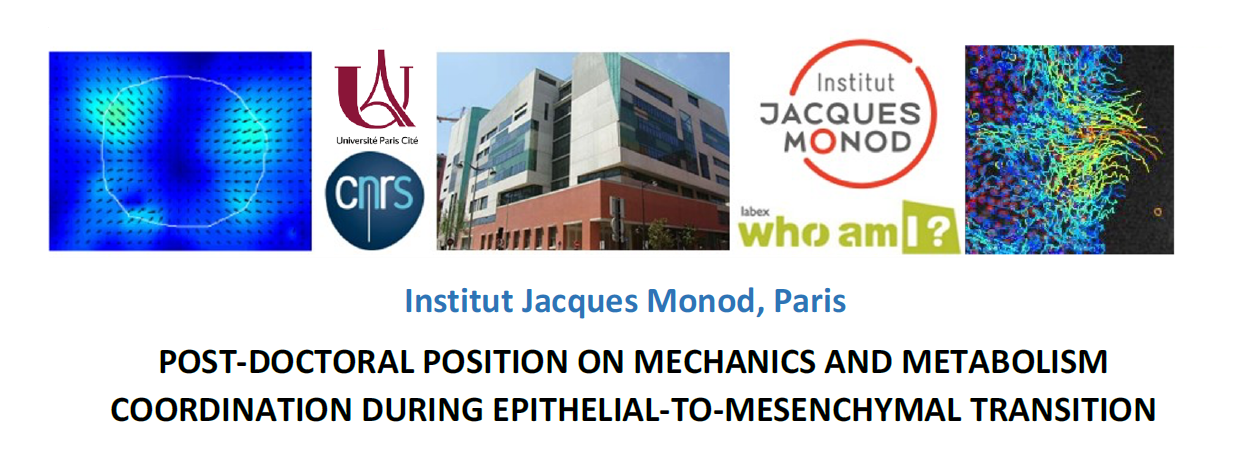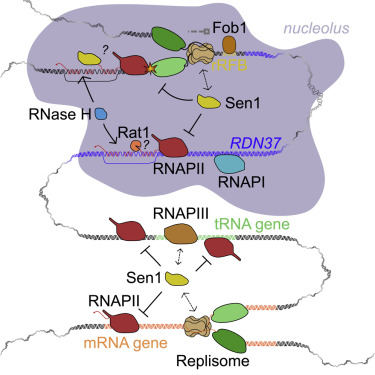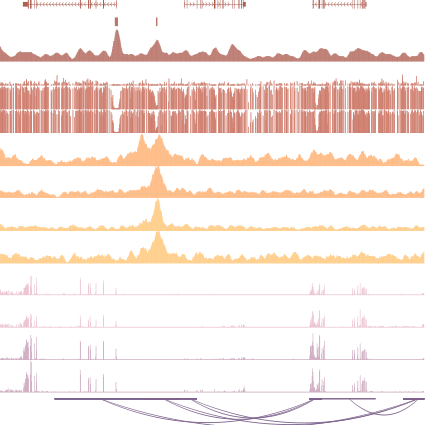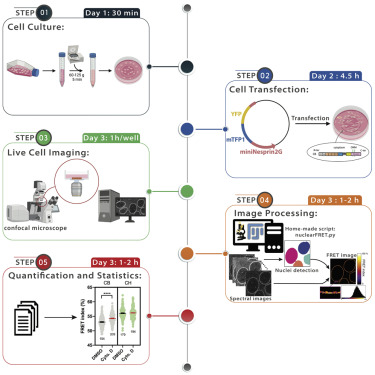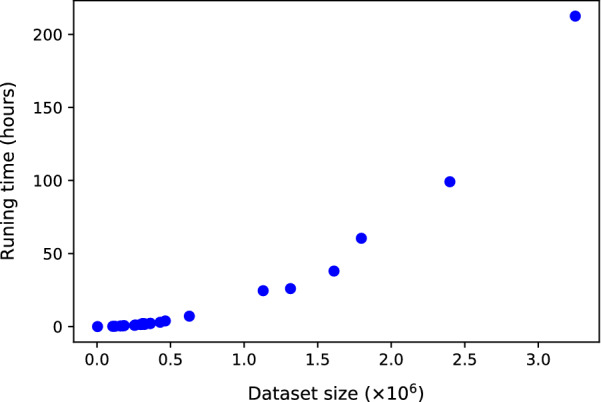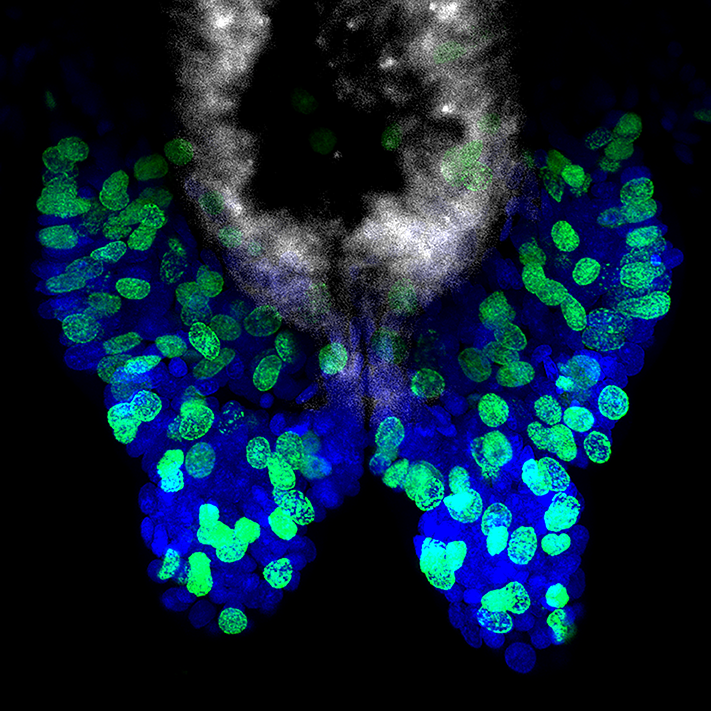A new article co-authored by the ProtéoSeine Facility:
Cisplatin causes covalent inhibition of protein-tyrosine phosphatase 1B (PTP1B) through reaction with its active site cysteine: Molecular, cellular and in vivo mice studies
Abstract
Protein tyrosine phosphatase 1B (PTP1B) is a critical regulator of different signalling cascades such as the EGFR pathway. The biological importance of PTP1B is further evidenced…
